Dan Schulman, the president and CEO of PayPal, gave an interview earlier this year entitled: ‘The thing that separates good companies from great ones: trust.’ He told the audience that companies need to do more than deliver an outstanding product to build trust. In addition, they need to ‘stand up for social issues that are important’ and ‘do the right things to help create a better world’. Ironically, it is precisely because PayPal has been energetically pursuing this agenda that trust in the company is beginning to evaporate.
I don’t think it’s too vainglorious to say that PayPal’s current difficulties began in the middle of last month when, without any notice, it closed the accounts of the Free Speech Union and the Daily Sceptic, both of which I run, as well as my personal account. Getting any coherent explanation out of the company as to why it had done so proved difficult – it kept coming up with different reasons. The nearest I got was when someone in the company’s ‘executive escalations’ department – a name straight out of a dystopian thriller – sent me a message that contained the following sentence: ‘PayPal’s policy is not to allow our services to be used for activities that promote hate, violence or racial intolerance.’ He didn’t give any examples, so it was impossible to mount a defence. Had someone at Pay-Pal decided the Free Speech Union’s defence of people challenging fashionable orthodoxies, like J.K. Rowling, was promoting ‘hate’?
A week later, after the company’s decision to de-platform me had been almost universally condemned, with Jacob Rees-Mogg citing it as an example of ‘cancel culture’, all three accounts were magically restored. But the damage had been done: how could PayPal’s customers trust the company not to do to them what it had done to me, only without the happy ending?
Then the company did something very odd. A few days after releasing me from PayPal jail, it doubled down on its social activism, publishing an update to its Acceptable Use Policy whereby customers were prohibited from using its services to, among other things, post ‘objectionable’ content or ‘depict, promote or incite hatred or discrimination of protected groups or of individuals or groups based on protected characteristics (e.g. race, religion, gender or gender identity, sexual orientation, etc)’. Not only that, but if any of its customers committed these sins, PayPal granted itself the right to fine them $2,500 ‘per violation’, which would be deducted from their accounts. In effect, PayPal would become a digital version of the Taliban’s religious police, issuing swift, on-the-spot beatings for the propagation of virtue and the prevention of vice.
Was this announcement a response to the company’s climbdown in my case? PayPal’s lawyers may have advised the CEO that I could sue for damages if my accounts weren’t restored, so if he wanted a freer hand in future he’d need to put this more draconian policy in place. Or perhaps PayPal’s restoration of my accounts led to a backlash among the company’s twentysomething employees and this was designed to quell the revolt. Or maybe it was just a coincidence.
Not surprisingly, the threat of PayPal helping itself to $2,500 from its customers’ deposits – ‘per violation’ – caused widespread panic and people began to close their accounts in droves. Indeed, last weekend #boycottpaypal started trending on Twitter and even Elon Musk, one of the company’s founders, popped up to stick the boot in. PayPal launched into damage-control mode and claimed – rather implausibly – that the update ‘went out in error’ and included ‘incorrect information’. Ironically, one of the sins the company said it would punish people for was promoting ‘misinformation’. So will it now fine itself $2,500?
It remains to be seen whether this ‘clarification’ will be enough to stop the exodus. How can PayPal’s customers trust the company again? It has only said it won’t fine people if they promote ‘misinformation’, with the penalty remaining in place if you commit any of the other sins. When trading opened on Wall Street on Monday, shares in the company fell by 6 per cent. By the time you read this, the $110 billion behemoth may be a smoking ruin – the biggest casualty yet of ‘Go woke, go broke’.
I feel ambivalent about this. On the one hand, PayPal’s demise would send a message to the financial services sector that trying to police your customers’ speech is a terrible idea. But on the other, lots of small depositors would lose their money. As always when big companies fail, it’s the little guy that pays the price.
Got something to add? Join the discussion and comment below.
Get 10 issues for just $10
Subscribe to The Spectator Australia today for the next 10 magazine issues, plus full online access, for just $10.
You might disagree with half of it, but you’ll enjoy reading all of it. Try your first month for free, then just $2 a week for the remainder of your first year.


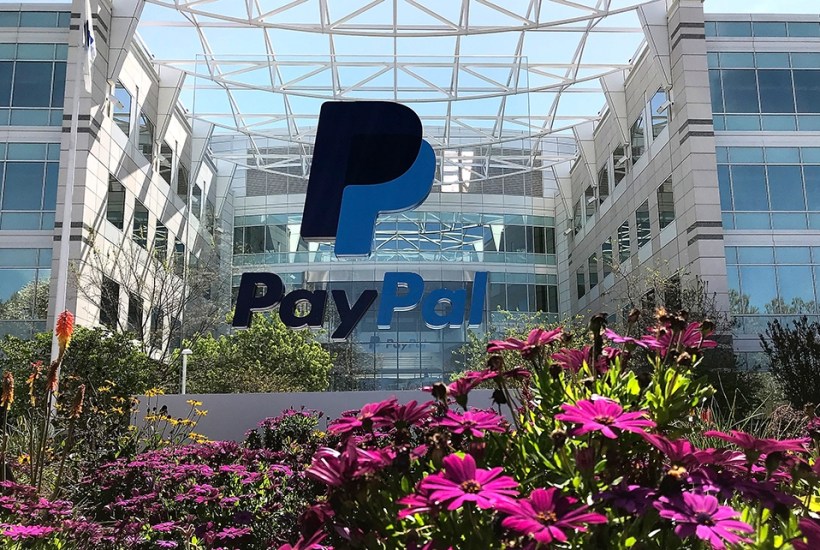
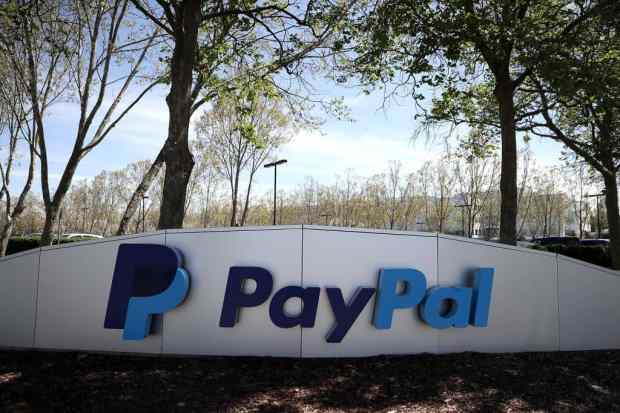
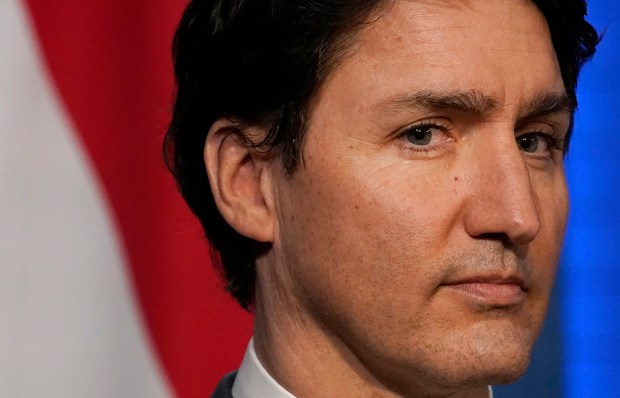
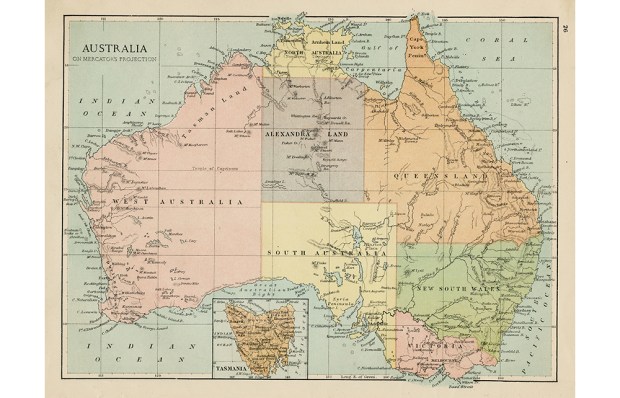

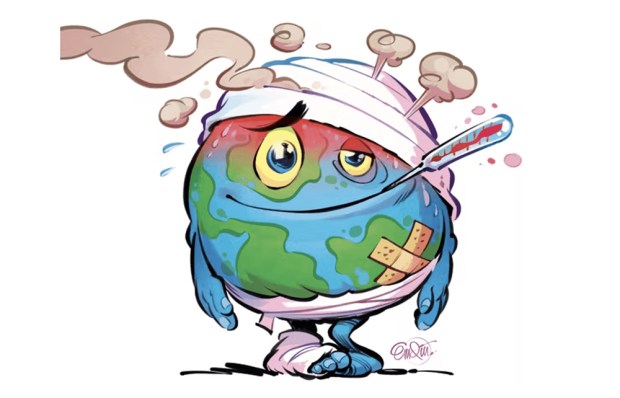
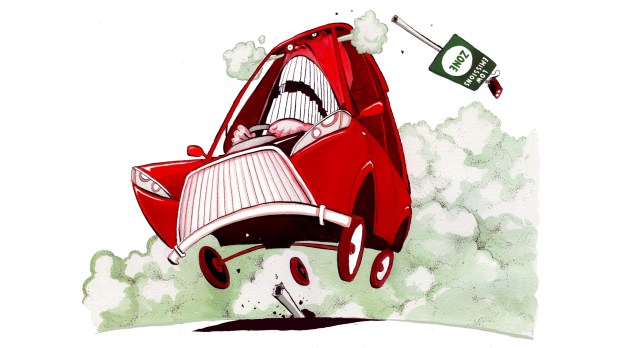






Comments
Don't miss out
Join the conversation with other Spectator Australia readers. Subscribe to leave a comment.
SUBSCRIBEAlready a subscriber? Log in